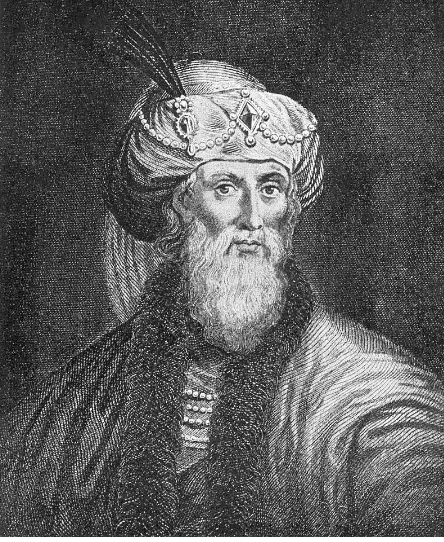Josephus: Interpolation
- Suraj Lama

- Nov 15, 2018
- 2 min read

About this time there lived Jesus, a wise man, if indeed one ought to call him a man. For he was one who wrought surprising feats and was a teacher of such people as accept the truth gladly. He won over many Jews and many of the Greeks. He was the Christ. When Pilate, upon hearing him accused by men of the highest standing among us, had condemned him to be crucified, those who had in the first place come to love him did not give up their affection for him. On the third day he appeared to them restored to life, for the prophets of God had prophesied these and countless other marvelous things about him. And the tribe of Christians, so called after him, has still to this day not disappeared.
Explanation by Edwin Yamauchi:
"But today there's a remarkable consensus among both Jewish and Christian scholars that the passage as a whole is authentic, although there may be some interpolations." I (Lee Strobel) raised an eyebrow. "Interpolations-would you define what you mean by that?" "That means early Christian copyists inserted some phrases that a Jewish writer like Josephus would not have written," Yamauchi said. He pointed to a sentence in the book. "For instance, the first line says, 'About this time there lived Jesus, a wise man.' That phrase is not normally used of Jesus by Christians, so it seems authentic for Josephus. But the next phrase says, 'if indeed one ought to call him a man.' This implies Jesus was more than human, which appears to be an interpolation." I nodded to let him know I was following him so far. "It goes on to say, 'For he was one who wrought surprising feats and was a teacher of such people as accept the truth gladly. He won over many Jews and many of the Greeks.' That seems to be quite in accord with the vocabulary Josephus uses elsewhere, and it's generally considered authentic. "But then there's this unambiguous statement, 'He was the Christ.' That seems to be an interpolation-"
"Because," I(Lee Strobel) interrupted, "Josephus says in his reference to James that Jesus was 'called the Christ. '" "That's right," said Yamauchi. "It's unlikely Josephus would have flatly said Jesus was the Messiah here, when elsewhere he merely said he was considered to be the Messiah by his followers.
"The next part of the passage-which talks about Jesus' trial and crucifixion and the fact that his followers still loved him-is unexceptional and considered genuine. Then there's this phrase: 'On the third day he appeared to them restored to life.' ''Again, this is a clear declaration of belief in the resurrection, and thus it's unlikely that Josephus wrote it. So these three elements seem to have been interpolations."
"What's the bottom line?" I asked.
"That the passage in Josephus probably was originally written about Jesus, although without those three points I mentioned. But even so, Josephus corroborates important information about Jesus: that he was the martyred leader of the church in Jerusalem and that he was a wise teacher who had established a wide and lasting following, despite the fact that he had been crucified under Pilate at the instigation of some
of the Jewish leaders."
Source: Case For Christ by Lee Strobel.


تعليقات